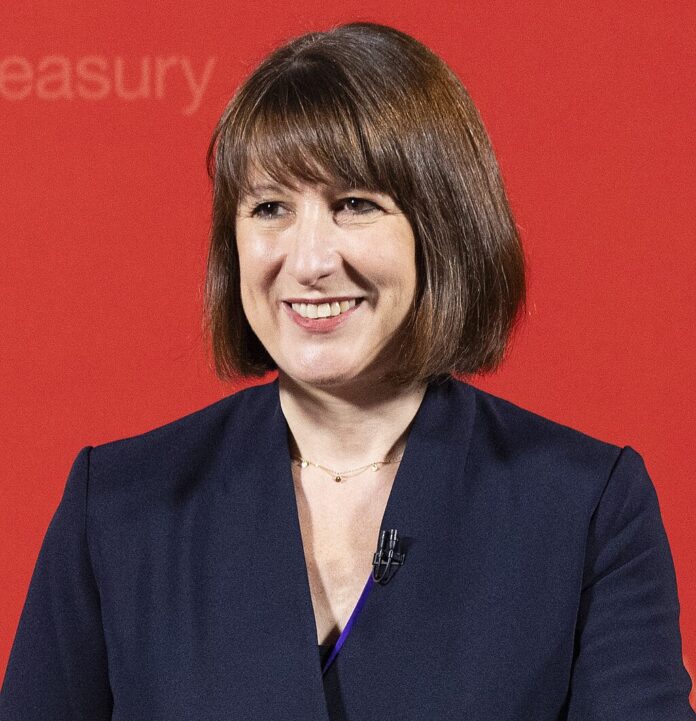Labour’s shadow Chancellor faces scrutiny over claims of her time at the Bank of England and other early career details
The art of CV inflation is hardly new, but when it involves a high-profile politician like Rachel Reeves, it quickly attracts attention. Recently, the Labour Shadow Chancellor found herself under the microscope as details emerged about discrepancies in her career history. While she had often claimed to have worked for a “decade” at the Bank of England, reports suggested her actual tenure there was closer to six years, and one of those years might have been spent studying for a master’s at the London School of Economics (LSE).
Reeves, who had previously described herself as an “economist” at the Halifax Bank of Scotland (HBOS) straight after university, was also accused of exaggerating her role. While her CV had stated that she worked as an economist, it was uncovered that her position was more administrative, managing complaints and small projects. Reeves, perhaps aware of the scrutiny, updated her LinkedIn profile to reflect the more accurate description of “retail banking” rather than “economist.”
Embed from Getty ImagesWhile these tweaks may seem minor in the grand scheme of political spin, they offer a glimpse into the broader world of CV inflation, a phenomenon familiar to many job seekers. Politicians, like the rest of us, are prone to embellishing their experiences to present themselves in the best possible light. After all, who hasn’t added a bit of extra gloss to their professional background or expanded on the significance of a casual weekend job in a CV? In the case of Reeves, her adjustments raise questions about the line between political hyperbole and the reality of her career path.
Yet, despite the attention to Reeves’ CV, the broader issue of CV inflation is one that most can relate to. Whether it’s claiming an “insightful” role in an organisation you briefly worked for or rebranding minor responsibilities into major achievements, many of us have found ways to spin our professional experiences. After all, when applying for a job, the goal is to impress, not necessarily to offer an exhaustive, unembellished list of duties.
However, the political spotlight makes any exaggeration more scrutinised. When a public figure is accused of inflating their career, it tends to raise concerns about their integrity or their ability to lead. Reeves’ claims might seem like a relatively minor issue in the context of wider political debates, but it speaks to a larger question about authenticity in the public sphere.
